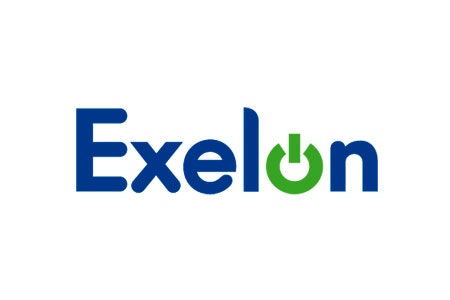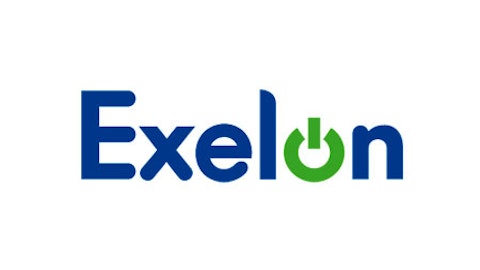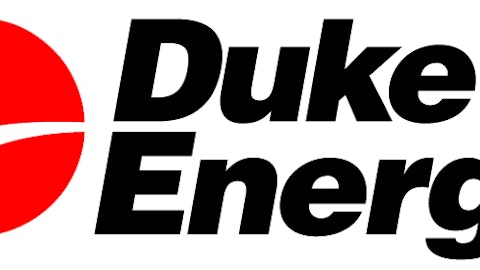Utilities are the classic “widow-and-orphan” stocks—meaning they are slow and steady providers of dependable income. While earnings per share growth isn’t going to take anyone’s breath away, utilities operate in a highly regulated industry and thus aren’t likely to collapse. These companies provide electricity, and are therefore critical to the prosperity and security of the nation. Even in a dire economy, utilities provide investors the certainty of reliable earnings and dividends.
However, investors shouldn’t turn a blind eye to due diligence in the search for investment-worthy utilities. To that end, here are three utilities that provide the dependable dividends their investors take for granted, and one that doesn’t measure up.

As previously mentioned, utility stocks help investors sleep at night. Investors don’t need to worry if these stocks will keep pumping out quarterly dividends. Utilities can offer investors moderate earnings per share and dividend growth as a result of the occasional rate increases they are able to pass on to consumers.
Utility stocks such as The Southern Corporation (NYSE:SO), Duke Energy Corp (NYSE:DUK) and American Electric Power Company, Inc. (NYSE:AEP) pass on consistent annual dividend increases in the low to mid-single digit range. In fact, five-year compound annual growth in dividends for Southern, Duke Energy, and AEP is 3.98%, 3%, and 2.8%, respectively. Each of these stocks yields between 4.2%-4.5%, handily beating the yield on the S&P 500 index.
Furthermore, each company performed on par with their reputations for consistency in 2012. Southern Company reported fiscal 2012 earnings per share grew 5%. Duke Energy revealed adjusted diluted earnings per share dropped slightly more than 1%, while AEP saw revenue and earnings essentially flat from the prior year.
Not all utilities are created equal
However, don’t be fooled. Despite their necessary businesses, it’s definitely possible for a utility to go astray. Utilities are equities after all, and all equity investments carry the risk of loss. One utility company investors would be wise to steer clear from, at least for now, is Exelon Corporation (NYSE:EXC).
Exelon investors have taken it on the chin over the last year. Shares fell from the mid-$40’s in December 2012 to under $30 per share one year later. Then, in February this year, investors received the dreaded double-whammy of principal losses followed by a dividend cut. In the company’s annual report, Exelon revealed that fiscal 2012 GAAP diluted earnings per share fell by more than 60% versus the prior year. Adding to investors’ misery is that Exelon will slash its dividend 41%, from $0.525 to $0.31 paid quarterly.
Exelon also provided poor guidance for 2013. Exelon anticipates that it will generate between $2.35 per share to $2.65 per share of operating earnings, representing a decline of 7% to 17% from fiscal year 2012 operating earnings.
Exelon had been sending up a red flag to dividend investors as the company had not delivered a dividend increase since 2008. Most utilities offer investors dividend increases annually, even if sometimes dividend raises amount to token increases. Stalled dividend growth for Exelon was a warning signal that all was not right with the company.
The Foolish bottom line
After the cut, Exelon’s dividend yield is now around 4%, slightly below the yield its peers provide. Investors simply don’t need to put up with a utility that reports collapsing earnings and slashes its dividend. There are plenty of better alternatives within the utility sector for investors to choose from. Investing in utilities is often done in the pursuit of reliable, steady cash flow and dividends. Southern Company, Duke Energy, and American Electric Power all fit that bill. Investors should give each strong consideration instead of Exelon.
The article 3 Utilities to Buy, and 1 to Avoid originally appeared on Fool.com and is written by Robert Ciura.
Copyright © 1995 – 2013 The Motley Fool, LLC. All rights reserved. The Motley Fool has a disclosure policy.




